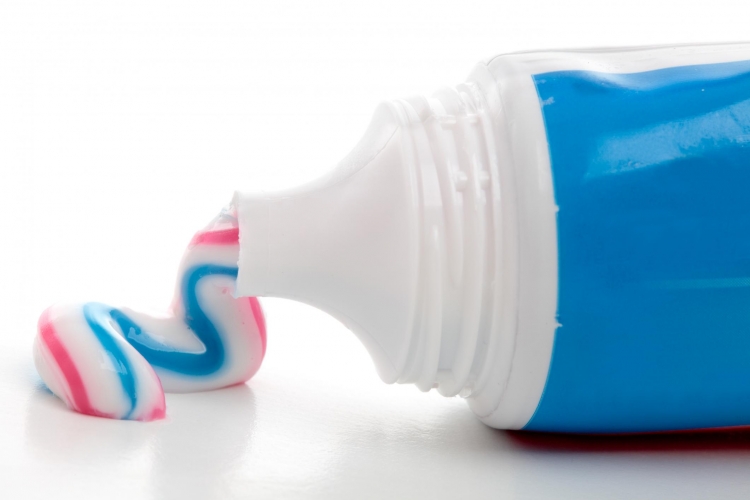How to choose the tooth paste that is most appropriate for us

When it comes to selecting the best toothpaste, it is important to think about your unique health needs, because a toothpaste can be good for your friend or relative but can not be the best choice for you . We also use it every day. An average of two times. But what to choose?
Do not forget that whatever toothpaste you use, if you do not brush regularly and properly, the result will not be satisfactory.
Despite the many types and brands available, there are some components that are common to all toothpastes. They include:
Fluoride
Fluoride is the most popular active ingredient in toothpaste. Using it plays a huge role in reducing caries in the last 50 years. It helps building tooth enamel, reducing demineralisation and makes your teeth more resistant to acid attacks.
Abrasives
They help to remove food, bacteria and some stains from the teeth. Too abrasive toothpastes damage the enamel of the tooth, resulting in tooth sensitivity.
Aromatic substances
Often, to enhance the taste of the paste, artificial sweeteners are added, incl. saccharin. The diversity in the flavors of toothpaste is very large, the most common is the one of mint, but there are also cinnamon, lime, gum and more.
Emollients and thickening agents
Moisturizing ingredients, such as glycerol retain moisture and prevent drying of the toothpaste, and thickeners determine its texture.
Cleaning agents
For this "foaming" that you see when you brush your teeth are responsible cleaning ingredients. The most commonly used substance is sodium lauryl sulfate.
Toothpastes can be grouped into two main groups: preventive and therapeutic.
- The main function of the preventive pastes is their good plaque removal action, and further imports of fluor.
- In therapeutic pastes several groups depending on the disease can be distinguished. These pastes contain chemical compounds such as biguanides, quaternary ammonium compounds, triclosan, chlorine heksidin, essential oils, etc., that have proven successful.
Toothpastes for sensitive teeth
For sensitive teeth when consuming hot and cold food and drinks, sweet and sour, are used specific toothpastes that reduce painful stimulation. These toothpastes usually contain potassium nitrate or strontium chloride. The sensitivity decreases within two weeks twice a day.
Whitening toothpastes
- Whitening toothpastes contain abrasives that remove surface stains on teeth. In fact, these pastes do not whiten your teeth, because the bleaching agents usually do not penetrate into the interior of the tooth.
- The use of these toothpastes is not recommended for people with sensitive teeth, as it can worsen wear enamel, stripping of dental necks and sensitivity.
Pastes for children
Children's toothpastes have a pleasant flavor and a lower concentration of fluoride.
Some tips when choosing a toothpaste:
- Select a toothpaste that contains fluoride. Fluoride toothpastes effectively handle the fight against tooth decay.
- If you have a problem with the sensitivity of your teeth, avoid the use of whitening toothpastes
- If you have a specific dental problem, consult your dentist to recommend an appropriate paste.
- Your personal preference is important. Choose toothpaste with the most enjoyable flavor for you. If you find that some ingredients in your toothpaste irritate your gums, try to change the toothpaste. If the problem persists, consult your dentist.
And do not forget that whatever toothpaste you use, if you do not brush regularly and properly, the result will not be satisfactory.
